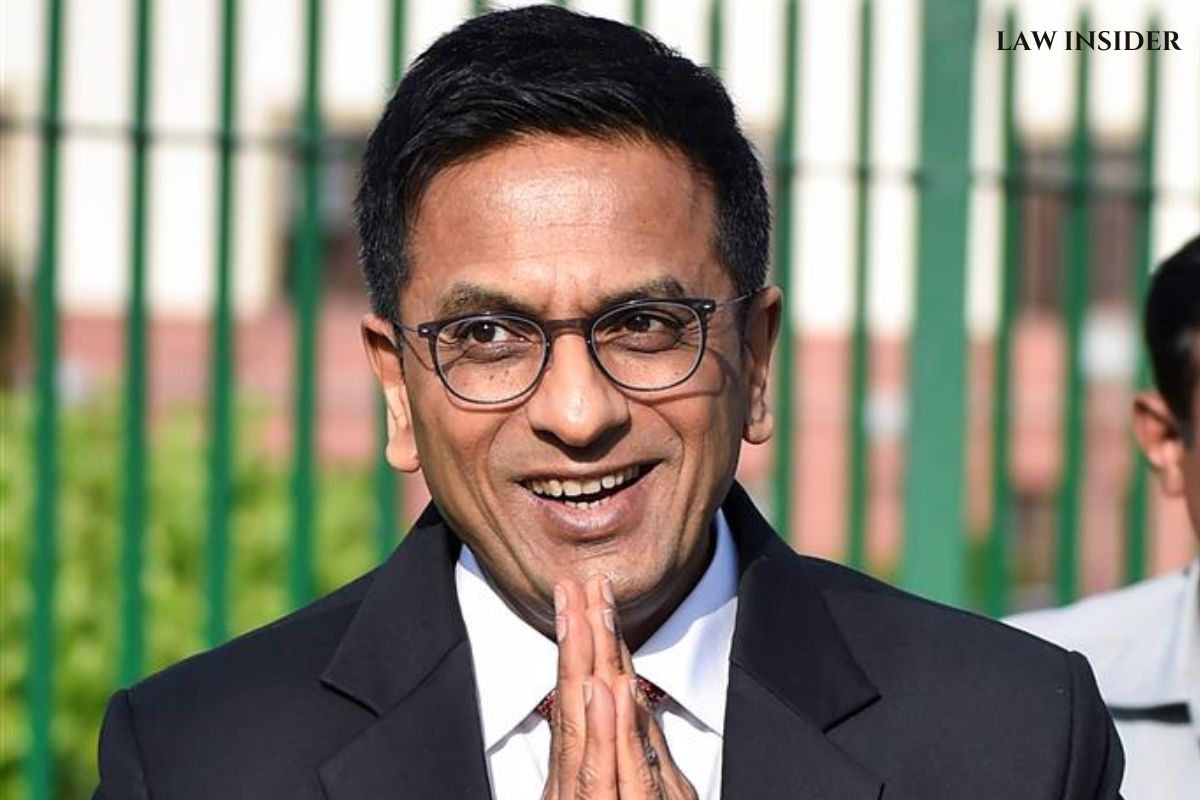LI Network
Published on: January 2, 2024 at 14:56 IST
Chief Justice of India DY Chandrachud revealed that the Supreme Court’s historic judgment on the Ayodhya case, delivered over four years ago, was a collective decision by the five-judge bench, ensuring no individual authorship would be attributed to the ruling.
The judgment, which settled a century-old dispute and allowed for the construction of a Ram temple at the contested site, had garnered widespread attention for its impact on the country’s societal fabric.
In an exclusive interview with PTI, CJI Chandrachud, a member of the constitution bench, explained the reasoning behind maintaining anonymity, stating that the decision was unanimous among the judges.
When the bench convened to deliberate on the judgment, it was collectively agreed that the ruling would be regarded as the “judgment of the court,” with no specific judge being named as the author.
Reflecting on the significance of this unified approach, CJI Chandrachud emphasized that the decision aimed to convey a cohesive message that all members of the bench stood together not only in the final outcome but also in the reasoning provided in the judgment.
The Ayodhya case, marked by a long history of conflict and diverse viewpoints rooted in the nation’s history, had the apex court bench, in 2019, affirming the undisputed faith of Hindus in Lord Ram’s birth at the site, symbolically designating him as the owner of the land.
The Court also acknowledged the wrong committed by Hindu kar sevaks in demolishing the 16th-century three-domed structure and emphasized the need for its remedy.
Despite polarizing the nation, the judgment treated the case as a title dispute over land among three parties: the Sunni Muslim Waqf Board, the Nirmohi Akhara (a Hindu group), and the symbolic representation of Lord Rama known as Ram Lalla Virajman.
The comprehensive 1,045-page judgment received wide support from Hindu politicians and groups, while the Muslim leadership, though critical, expressed willingness to accept the verdict and called for peace, signaling a desire to move forward.

